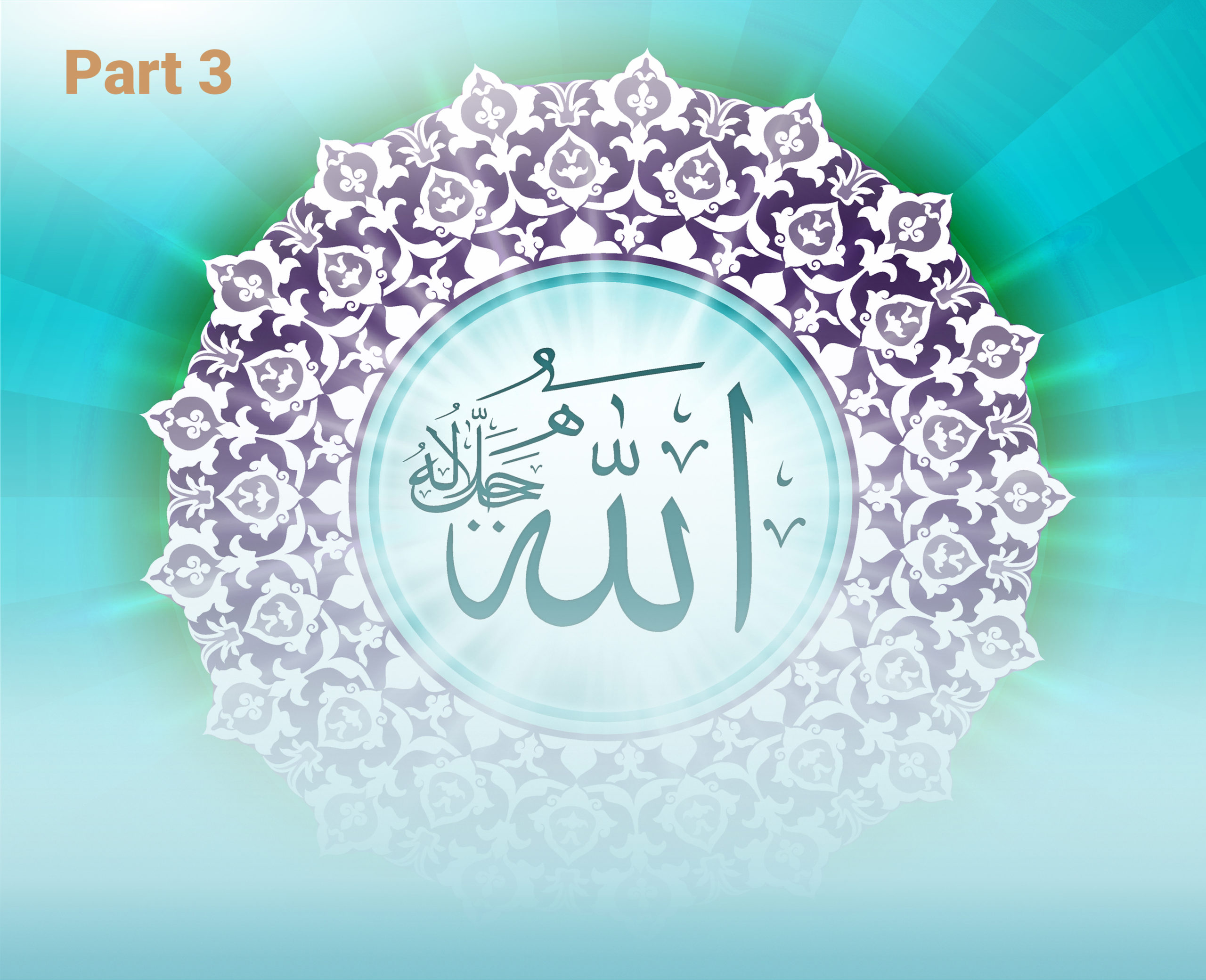Part 3 – The Glorious Names & Attributes of God – Contemporary Issues
This Blog Series explores the Glorious Names & Attributes of God, according to Said Nursi, and is based on my Master’s Degree in Islamic Studies research, at ISRA’s Centre for Islamic Studies & Civilisation, Charles Sturt University.
In this third blog article from our series on the Magnificent Names & Attributes of God in Islam, we explore the significance of Said Nursi’s approach to contemporary issues.
Turning now to considering how Said Nursi’s approach is significant to contemporary issues, Isra (2011) sums it up by affirming that his approach has enabled not only Turkish, but non-Turkish Muslims to preserve their Islamic identity as well as be a model for Muslims in other parts of the world facing similar challenges between modernity and traditional Islam. In particular, because in modern times, faith in God has come under strong attack, subject solely to the dictates of reason. The result has been loss of faith and belief in God paired with a crisis in global education and civilization that requires the need to re-examine the function of religion in society (Isra, 2011).
In the Muslim world, challenges to religious tradition from modernity have culminated in the rise of religious movements seeking to address issues of faith through politicized interpretations of religion. But as Isra (2011) points out, faith based on such schemes cannot succeed for long, eventually giving rise to the question of what exactly is Islam, is it “political theology or moralistic monotheism” (Isra, 2011, p.342). It is in these contexts that he believes the critical importance of Said Nursi’s approach to religious themes such as belief in God comes to light.
Having engaged in epistemological problems about God, religion and society, proving the validity of belief in God, presenting his arguments all have contributed to the revival of Islamic tradition in modern era (Yusuf, 1999). By connecting revelation and reason from a deeper window, he “succeeds in satisfying the intellectual thirst of contemporary generations of Muslims yearning for an intellectual understanding of the Quran and Islam (Isra, 2011, p.341) His interpretation of the Quran appeals to both heart and mind, Isra (2011) believes, significantly bringing the legacy of Quranic exegesis and Islamic theology into the area of addressing contemporary issues.
By connecting revelation and reason from a deeper window, Nursi “succeeds in satisfying the intellectual thirst of contemporary generations of Muslims yearning for an intellectual understanding of the Quran and Islam” (Isra, 2011, p.341)
Abu Rabi (2010) thinks Nursi’s approach also contributes to the understanding and nurturing of faith, which can inspire Muslims towards moral action connected to their faith. For example, Nursi was less concerned about the details of the kalam debate, and more concerned with the implications of the Ash’ari faith position, to ensure that an increase in faith and trust in God was the result. Hence his writings are a means of understanding the rich meaning of the Quran and of critical importance for the modern age. The relevance of it also coming from how it addresses questions and issues relating to life in the modern times age of fast sweeping materialism (Turner, 2008).

